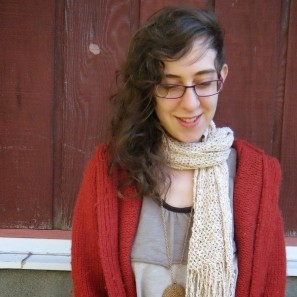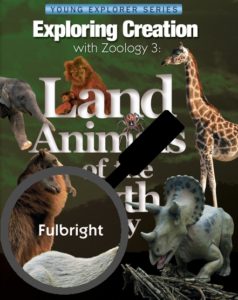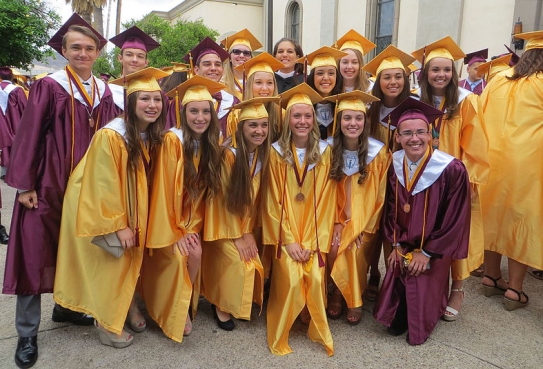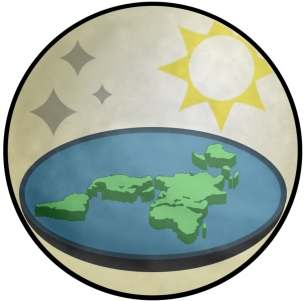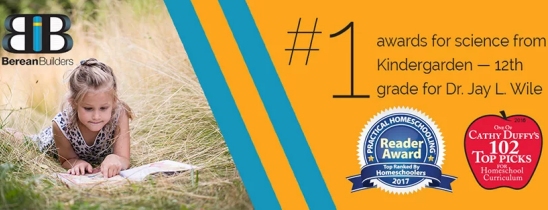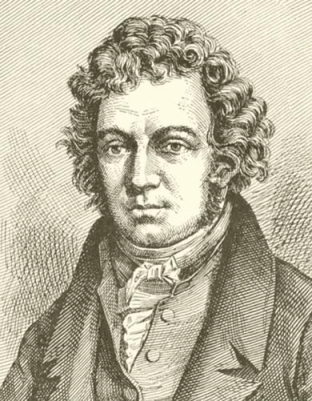
Ampère was born into a wealthy French family, which meant that he could have received the best education money could buy. However, his father wanted him to learn on his own. His father never required him to learn anything, but he inspired his son to want to learn. You might say that Ampère was “unschooled.” According to a friend that knew him well, unschooling seemed to work for him. Ampère read all the volumes of the encyclopedia in his father’s library, starting with the first volume and reading in alphabetical order. He also read extensively on natural philosophy (science).
Unfortunately, his life was marred with three serious tragedies. His sister died when he was 17. The next year, his father was executed as a result of the French Revolution. This hit him particularly hard. He had no more interest in learning, and some of his friends thought that he had lost all reason. Then he discovered Jean-Jacques Rousseau’s Letters on the Elements of Botany, and he was pulled from his intellectual lethargy. He later fell in love with and married a woman named Julie, but she died only a few years later.
Despite these terrible tragedies, Ampère was a devout Christian his entire adult life. When his wife died, he wrote two verses from the Book of Psalms and the following prayer:1
O Lord, God of Mercy, unite me in Heaven with those whom you have permitted me to love on earth.
Continue reading “André Marie Ampère: A Fascinating Genius and Devout Christian”


